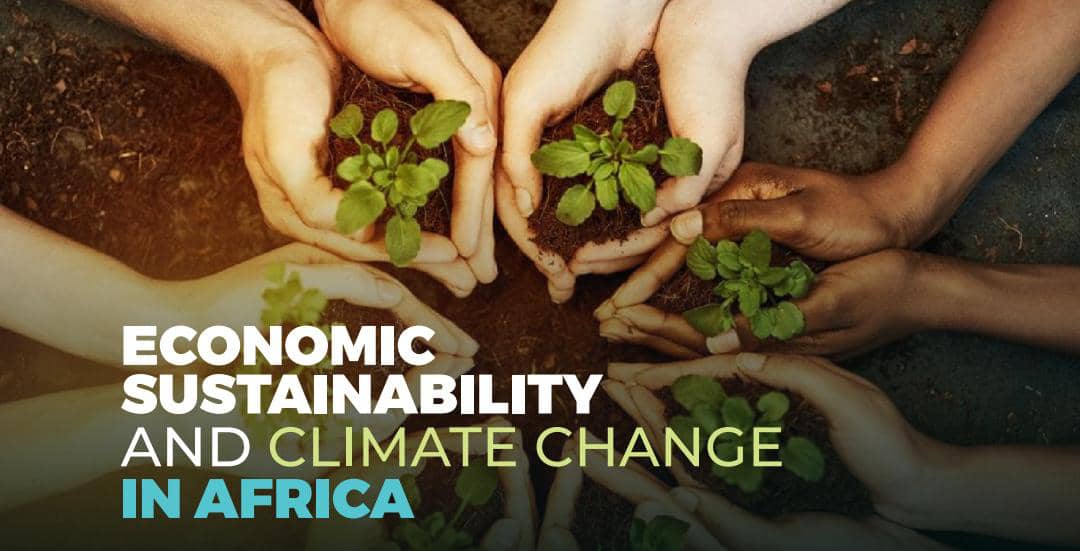Introduction to Environmental Sustainability
This is the means of maintaining and sustaining growth and development to ensure that the environmental conditions and needs of the society are handled appropriately for future purposes. There can be a rise in the negative impact of advances in science and technology which cause environmental hazards. But sustaining the environmental development can reduce the impact of this and help the society adapt to the climate changes that are bound to occur.
Climate Change is the changes in the pattern of the weather conditions of a given area of concentration at a given period of time. Climate change helps to determine human, animals and plants living conditions and how it affects socio-economic development as well as the ecosystem. The impacts of climate change includes: extreme harsh weather conditions, rise in the sea levels and increase in temperature.
Relationship Between Environmental Sustainability And Climate Change
The environment is linked to climate change due to the impact the climate change has on the environment. The environmental sustainability focuses mainly on conserving the natural environment and its resources which are clean air, clear water, fertile soils and protection of wildlife.
Brief History of Climate Change in Africa
Africa is the most vulnerable continent to climate change despite its low contribution to the greenhouse gas emissions and global warming, which causes greenhouse effect. Africa is faced with systematic risks to water and food, public health, agriculture, infrastructural investments which is gradually getting the continent to a state of extreme poverty.
The UNEP- commissioned research has estimated that the cost of adapting to climate change across Africa could sum up to $50billion annually by 2050.
Factors affecting Africa’s climate change despite contributing little emissions of greenhouse gases are:
- A large share of agriculture in GDP and employment contributes to the vulnerability.
Sub-Saharan Africa gas 95% of rain - fed agriculture globally.
There are 10 most vulnerable countries to climate change globally and 7 out of these 10 countries are in Africa. As at 2015, four Africa countries ranked among the 10 countries are:
- Mozambique – 1st
- Malawi – 3rd
- Ghana and Madagascar – both on the 8th position.
There’s an African proverb that goes thus: “When one tries to shake a big tree, it ends up shaking himself”
This proverb is relatable to the negative effects that Africans unconsciously tries to destroy nature and every other organism in the ecosystem as well causing droughts, floods and famine due to negative environmental practices, one ends up causing harm for oneself. The emission of greenhouse gases into the environment that causes the depletion of the ozone layers that protects the lives on Earth or illegal felling of trees that affects the wildlife is a tragic means of ‘shaking oneself as he shakes the tree.’
An end to negative environmental and cultural practices (shaking) prevents us from ‘shaking’ as a people.
Pros: Environmental Sustainability helps manage climate change in Africa
Cons: There’s a limited knowledge and orientation given to the people of Africa about the effects of climate change especially those inhabiting the rural areas.
African leaders must strive to organize meetings and conferences where experts on environmental science must speak and orientate the public on the environmental hazards and how it affects the climate change.
